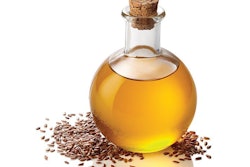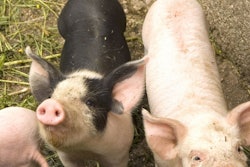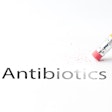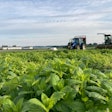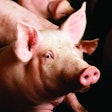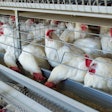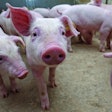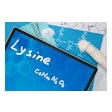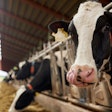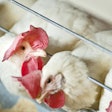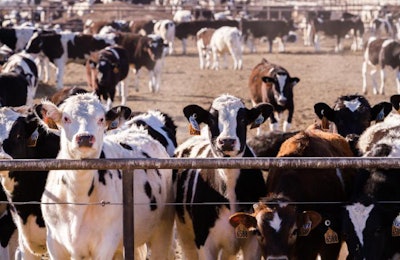
Nitrates present low-cost, emissions-reducing feed solution, but will cattle eat them?
While researchers at Texas Tech had high hopes for nitrates, which seemed to present a simple, low-cost solution for enteric emissions, the cattle are somewhat less fond of their new feed.
Darren Henry, an assistant professor of sustainable ruminant nutrition at Texas Tech University, began working with nitrates as a feed additive after encountering the idea in scientific literature from outside the U.S. At first, the results seemed promising: exchanging urea for nitrate in cattle diets reduced enteric emission of methane by 10-12% without impacting the animals’ performance. What’s more, Henry said, the cost of nitrate is comparable to urea, making the trade a seemingly ideal emissions solution.
However, in additional trials, replacing urea with nitrate reduced feed intake and, consequently, weight gain.
“I feel fairly confident nitrate works in regards to decreasing methane,” Henry said. “But in the end the producer would not have benefited in the situation in which we used nitrate.”
Nitrate, it seems, has run into a problem not unlike other emissions-reducing additives such as tannins or certain seaweeds: The science suggests they reduce production of methane well enough, but trouble with the application of the additives has called into question their practicality.
In this case, Henry said, the trouble with nitrates seems to boil down to taste: “If you taste this nitrate we use, calcium-ammonium nitrate, it’s very bitter,” he said.
Cattle in the first trial conducted by his team were on a common wintering system at the time, where the research team fed molasses as a supplement to make up for the low-quality hay that was otherwise available. In subsequent feed lot trials, researchers mixed the nitrate into corn-based diets. The molasses, Henry believes, likely masked the bitter taste of the nitrate.
Henry still believes nitrate could be a useful tool for reducing methane emissions from cattle, but perhaps only in certain circumstances, such as when a diet lacking in protein calls for supplementation or in conjunction with other ingredients fed to make the nitrates more palatable.
“There are lots of supplements out there, feed supplements, that I think have the potential to mask that flavor, and there are also several different sources of nitrate,” Henry said. “I’m not ready to give up on nitrate because of these few negative impacts we’ve seen. I think there’s enough potential there to at least give it the attention that it requires.”


